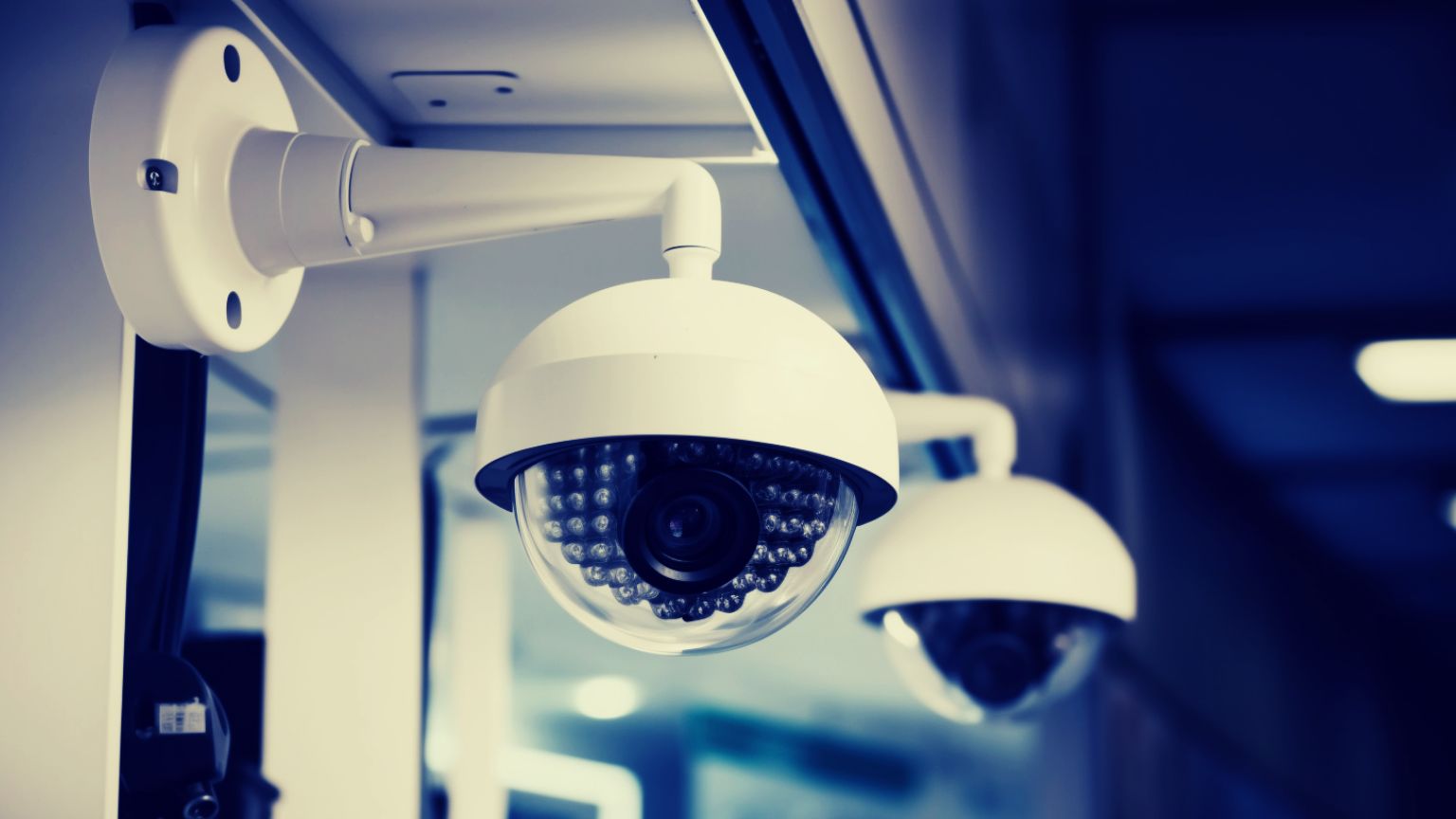Apparently, there is nothing those who should be preventing widespread theft in stores in the US can do to do their job – except introduce AI surveillance into the mix.
That sounds like a very handy excuse, and will no doubt be convincing enough for those who are not well-versed in the problem of (biometric) surveillance tech.
But those who are, are already wondering how the move might reflect on privacy and ethics of it all, and even on “consumer experience.”
None of that is not stopping some of the country’s largest supermarket chains to start either considering or using what they call AI, in order to monitor customer behavior, both related to theft (euphemistically referred to as “shoplifting” – albeit on a “massive” scale) and to self-checkout errors.
On the latter front, Kroger is reporting success – there have been more than 75% fewer such errors since Everseen Visual AI’s tech has come into play. The company provides the retailer with cameras that “watch” as shoppers scan and bag the products they’re purchasing.
In case they are identified as simply taking something instead of actually buying it, the surveillance system is supposed to first alert them, and then the store’s staff. (What the staff are then supposed to do, which they are unable to do without this technology to stop “massive shoplifting” aka, “smash-and-grabs” – is not clear).
But, said Kroger’s Senior Manager of Asset Protection Chris McCarric, the cameras decrease “retail shrink” and at the same time give the giant “a much more accurate view of what stock is going out of the store.”
Right now the cameras are installed in 1,700 Kroger stores, while all of its 2,800 stores, located in 35 US states, are also slated to get them.
But are the benefits, such as they are currently presented, worth the downsides that come with this type of surveillance?
And there are many: treating all customers as “guilty by default,” obvious privacy implications, and even those of trust, and, somewhat ironically, inconvenience: sometimes a shopper will simply scan an item “inefficiently” thinking they did it properly – but will still be treated as a thief and have their bags searched by staff.













